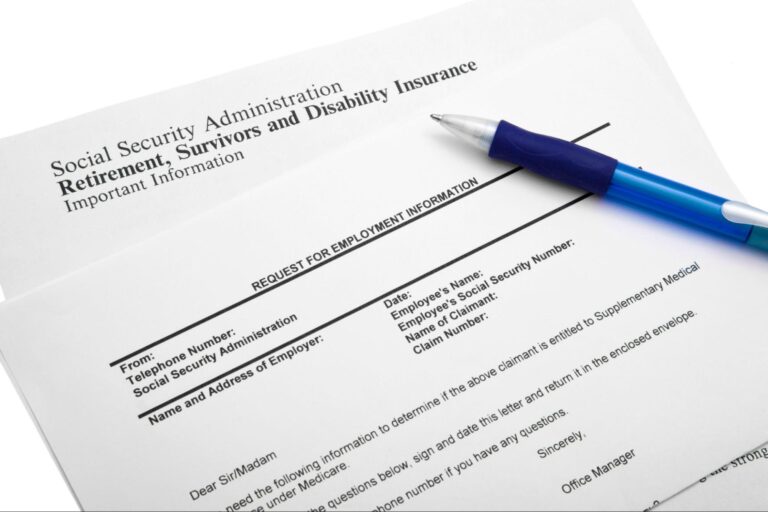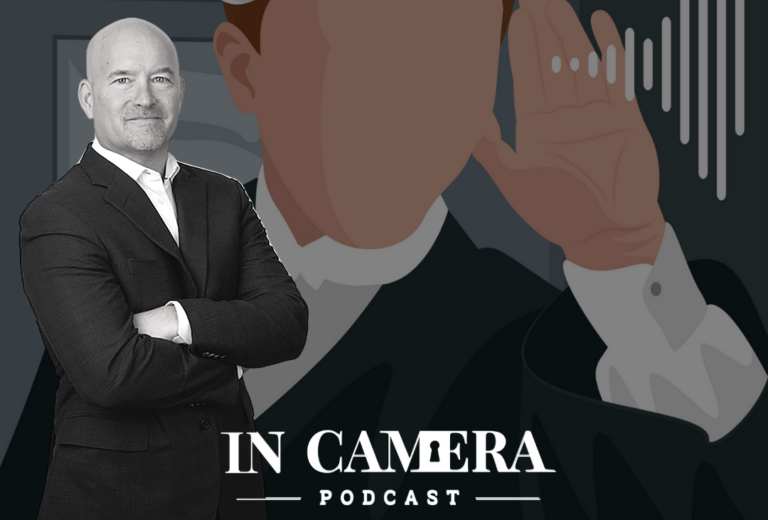What Is Wrongful Death?

Wrongful death refers to a situation in which an individual loses their life due to the negligent or intentional act of another person, company, or entity. It is a legal term used to describe circumstances where someone’s life could have been preserved if not for the actions or omissions of another party.
Understanding what constitutes wrongful death is essential to ensuring justice and accountability in situations where negligence has led to tragic consequences.
Contact our wrongful death attorneys for assistance today.
The definition of wrongful death according to Colorado law
According to Colorado law, wrongful death is defined as such:
- When any person dies from an injury resulting from or occasioned by the negligence, unskillfulness, or criminal intent of any office, agent, servant, or employee
These statutes go on to state that wrongful death occurs when the deceased individual would have had grounds for a personal injury claim if they had survived.
Under Colorado law, surviving family members such as spouses, children, parents, or designated beneficiaries may file a wrongful death lawsuit seeking compensation for damages such as funeral expenses, medical bills prior to death, loss of financial support, and inheritance rights that arise due to the untimely passing of their loved one.
Examples of wrongful deaths
Some examples of wrongful deaths include:
- Car accidents: If a driver causes a fatal accident due to speeding, drunk driving, distracted driving, or reckless behavior, resulting in the death of another individual
- Medical malpractice: When healthcare professionals provide substandard care or make a medical error that leads to the death of a patient, such as misdiagnosis, surgical mistakes, medication errors, or birth injuries
- Workplace accidents: In cases where an employer fails to provide necessary safety measures and equipment, leading to fatal accidents at the workplace like construction site incidents, industrial accidents involving machinery, or falls from heights
- Product liability: If someone loses their life due to a defective product like faulty automotive parts causing an accident or unsafe medications leading to severe complications
- Nursing home negligence: Neglect or abuse by staff members in nursing homes can result in fatalities due to dehydration, malnutrition, or inadequate supervision, resulting in falls and injuries or failure to manage infections properly
- Criminal acts: Wrongful deaths may occur as a result of intentional acts such as assault, murder, or manslaughter committed by another person
Each personal injury case should be evaluated on the specific factors for determining liability and seeking legal recourse by speaking to a qualified wrongful death lawyer.
If you are confused about what to do after losing a loved one, you are not alone. Unthinkable by Kyle Bachus offers first-hand advice.
Filing a wrongful death lawsuit in Colorado
In Colorado, filing a wrongful death lawsuit involves several key steps:
- Eligibility: The first step is determining if you can file a wrongful death claim in Colorado. Under the law, the deceased person’s spouse has the primary right to bring forth a lawsuit. If there’s no surviving spouse or they choose not to pursue legal action, the next priority falls on any adult children. If neither of these parties takes action within a specific time frame, other family members may have standing.
- Statute of limitations: It’s crucial to be aware of and adhere to Colorado’s statute of limitations for filing a wrongful death claim
- Gathering evidence: Building a strong case requires gathering sufficient evidence to prove negligence or wrongdoing by the responsible party that led to the fatal incident. This can involve collecting medical records, accident reports, witness statements, expert opinions, and any additional documentation relevant to your claim.
- Legal representation: Engaging an experienced wrongful death attorney is advisable as they can navigate complex legal procedures and provide guidance throughout the process
- Filing the lawsuit: Your attorney will prepare and file all necessary legal documents with appropriate courts specifying your claims against those liable for causing your loved one’s death
Who can file a wrongful death lawsuit in Colorado?
The right to file a wrongful death lawsuit in Colorado is granted to specific individuals in a particular order of priority. According to state law, the following parties are eligible to bring forth a wrongful death claim:
- Spouse: The surviving spouse of the deceased has the primary right to file a wrongful death lawsuit
- Children: If there is no surviving spouse or they choose not to pursue legal action, adult children of the deceased can then file a lawsuit based on their parent’s wrongful death
- Parents: In situations where there is no surviving spouse or children, the parents of the deceased person may have standing and can initiate a wrongful death lawsuit
- Personal representative/executor: If none of the aforementioned parties take action within one year after the date of death, or if disputes arise among eligible individuals regarding who should bring forth legal proceedings, then a personal representative or executor appointed by Colorado probate laws may step in and pursue a wrongful death claim on behalf of all qualifying beneficiaries
What is the statute of limitation on wrongful deaths in Colorado?
Colorado laws establish the statute of limitations for filing a wrongful death lawsuit — generally two years from the date of the decedent’s death. This means you must initiate legal action within this time frame to preserve your right to seek compensation for the wrongful death.
Delaying legal action beyond the statute of limitations could result in forfeiting your ability to pursue compensation for your loss. However, certain exceptions can extend or shorten this statutory period.
What damages can be recovered for wrongful death?
In a wrongful death lawsuit, various types of damages can be recovered by the eligible parties, including:
- Economic damages: These are tangible financial losses, such as medical bills, funeral and burial expenses, loss of current and future income or financial support from the deceased person, and other measurable monetary losses
- Non-economic damages: These encompass intangible losses related to emotional suffering and loss experienced by surviving family members. Examples include pain and suffering endured by the deceased before death, loss of companionship, mental anguish, emotional distress, and loss of consortium.
- Punitive damages: In some instances where extreme negligence or intentional misconduct on the part of the responsible party is proven, punitive damages might be awarded as punishment and deterrence rather than compensation
Wrongful death caps
There are generally no caps placed on economic damages for wrongful death cases in Colorado. However, the state has a $250,000 non-economic damages cap adjusted periodically for inflation. For example, for wrongful death claims that begin on or after January 1, 2022, and before January 1, 2024, the inflation-adjusted cap for economic damages is $598,350.
How can a wrongful death attorney help?

A wrongful death attorney from Bachus & Schanker’s Elite Litigation Group can provide invaluable assistance in several ways:
- Legal expertise
- Gathering evidence and investigation
- Settlement negotiations
- Litigation representation
- Compassionate support
By hiring an experienced wrongful death attorney from Bachus & Schanker’s Elite Litigation Group, you can trust that we will work tirelessly to protect your interests while striving for justice and fair compensation for your loss. We also provide you access to our Victim Advocates team, who support you during this difficult time.
Schedule a free consultation with our wrongful death attorneys today.
Sources:
Adjustment Limitations for Damages. (2022).
CRS 13-21-201. (2023).
CRS 13-21-202. (2023).
CRS 13-80-102. (2023).





